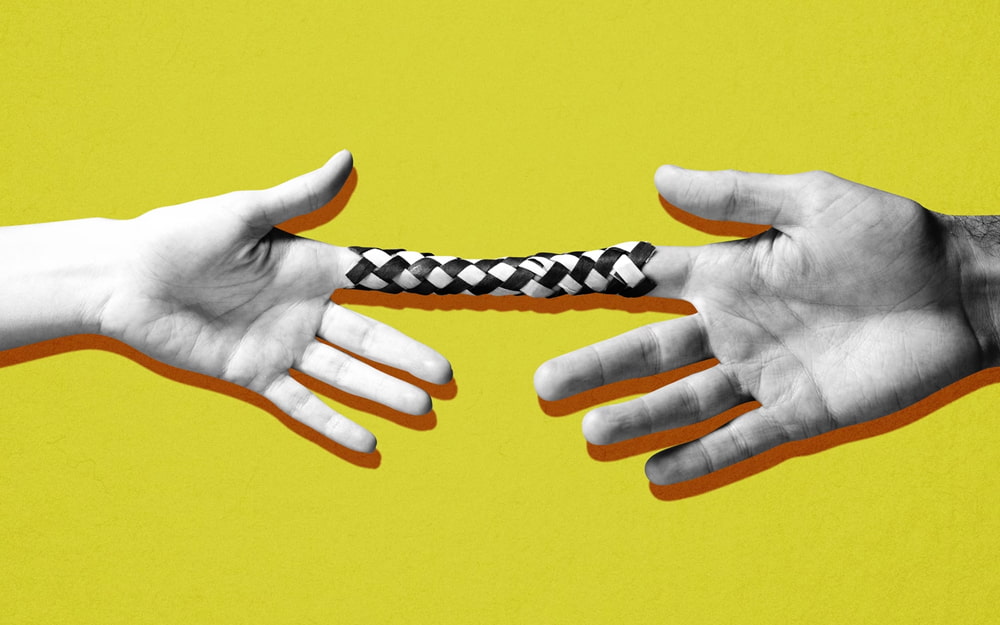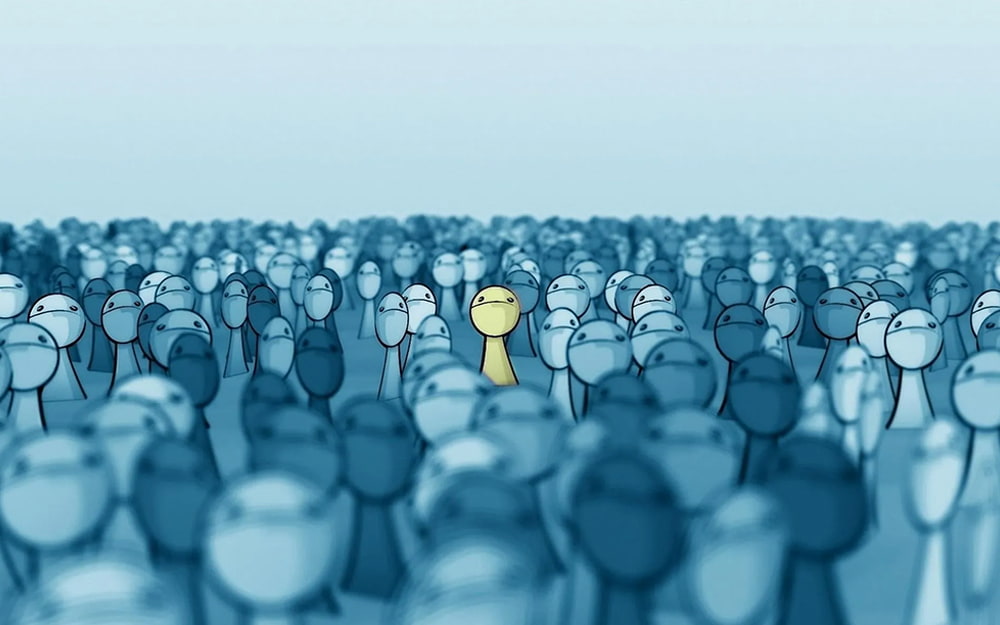The internet has given a significant influence on how people see the world, and receive information.
In more than many ways, people are no longer required to 'wait' for the news to come to them. With the internet, people can look for the news themselves, and make the internet tailor their interest, so the news they like the most will be delivered to them, automatically.
What this means, rather than being reliant on traditional institutions or groups, the internet is giving people more freedom and autonomy to shape their own lives and pursue their own interests and goals.
One of the main ways that the internet has influenced the society is through the creation of online communities and social media platforms.
These platforms have given people the ability to connect with others who share similar interests and values, and to express themselves and their individual identities in a way that was not previously possible.
That, with some consequences.

The internet has also contributed to the development of a more open and tolerant society, as people are able to learn about new ideas and perspectives from around the world.
This happened because the internet provides people with greater access to information and resources than ever before.
With just a few clicks, people can access a wealth of knowledge and information on any number of topics, and can use this information to form their own opinions and make their own decisions.
Fast forward, the internet that helped create a number of subcultures and subgroups, also creates a world of individualist.
At one point, the internet provided young people with access to a vast array of information and resources that can help them to learn about new ideas, perspectives, and cultures.
This has led to a greater level of cultural exchange and understanding among young people, and has contributed to the development of a more open and tolerant society.
The thing is, as young people are able to explore and express their unique identities and personal interests more freely, this contributed to information overflow, and the development of a more individualistic culture.
Overall, the Internet has had a profound impact on modern youth culture and individualism, that is definitely continue to do so in the future.

In a 2018 research by Ibrahim Arpaci, Şahin Kesici, and Mustafa Baloğlu, individualism has a significant effect on internet addiction through affiliation, dominance, achievement, and autonomy (psychological needs).
As soon as a person's needs for dominance, achievement, and autonomy increased, their internet addiction levels decreased.
Psychological needs and internet addiction have long been investigated both independently and in relation to each other, and results found that the mediating role of psychological needs in the effect of individualism on internet addiction is highly original.
It's understood that the psychological needs underlying internet addiction and individualism are indeed related.
And by incorporating the internet and smartphones into their lives, people have changed the ways they interact with each other.
They have become increasingly networked as individuals, rather than embedded in groups.
It's a rabbit hole.
The result of this, can be described as "networked individualism," a concept developed by Manuel Castells and Barry Wellman in 2001, where the classical model of social arrangements formed around hierarchical bureaucracies or social groups that are tightly-knit, like households and work groups, to connected individuals, shifted to use a medium that is based on information and communications technology.

In the so-called networked individualism, individuals are connected "dependently" to each other through various networks, such as social media platforms, rather than through more traditional hierarchies or institutions.
This has led to the rise of social media influencers, who are individuals who have a large following on social media platforms.
Many of these people are internet-dependent people. They can be highly individualized, but well-networked.
They "live" inside these connections, which have shaped their relationships and sense of self.
They can be members of huge social circles, but most of which are usually loosely-knit.
Although the turn to networked individualism started before the advent of the internet, it is only fostered since the development of social media networks.